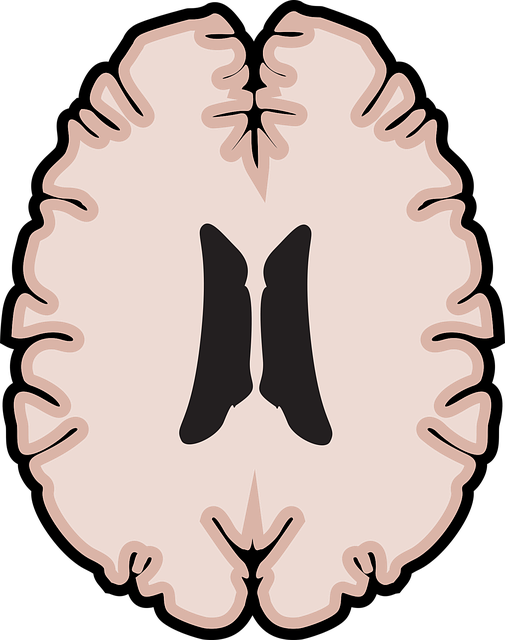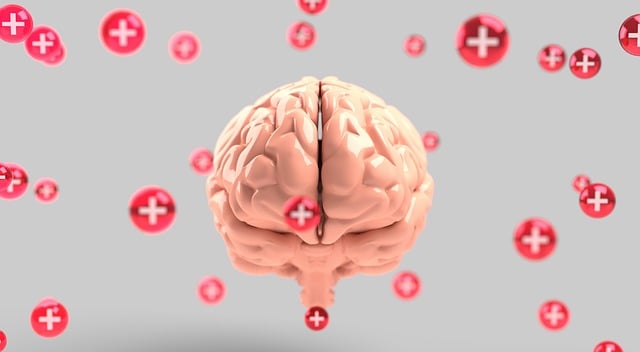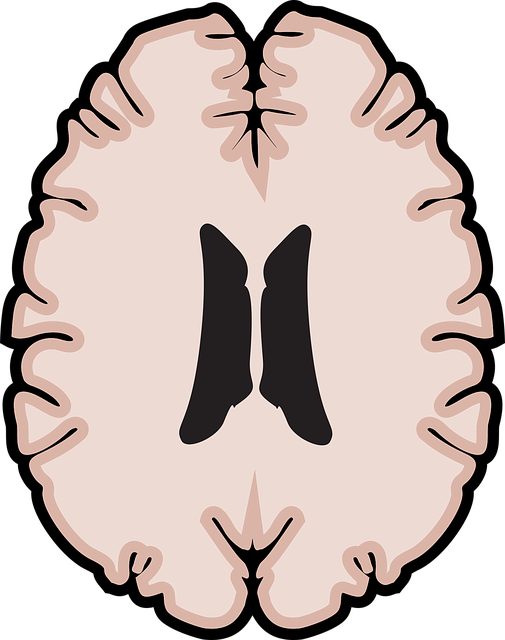The stigma surrounding mental health significantly impedes individuals from seeking help, exacerbating conditions like anxiety and depression. Lakewood addresses this through mental health evaluations, therapy, and education on stress reduction, reducing stigma and promoting early intervention. Their approach includes open discussions, peer counseling, community outreach, and training for healthcare professionals to foster a compassionate environment. By engaging communities through educational programs and accessible services like Lakewood Mental Health Evaluations and Therapy, they normalize mental health conversations, empowering early recognition and improved treatment outcomes.
Mental illness stigma reduction is a vital aspect of improving access to care. This article explores the profound impact of societal stigma on mental health, particularly in the context of Lakewood communities. We delve into effective strategies for healthcare providers and examine the power of community engagement and education to foster understanding and acceptance. By addressing these key areas, we aim to enhance support systems, encourage help-seeking behaviors, and ultimately improve outcomes for individuals facing mental health challenges through Lakewood Mental Health Evaluations and Therapy services.
- Understanding the Impact of Stigma on Mental Health
- Strategies for Reducing Stigma in Healthcare Settings
- Community Engagement and Education: A Path to Change
Understanding the Impact of Stigma on Mental Health

Stigma surrounding mental health issues is a significant barrier to seeking help and can have profound effects on an individual’s well-being. When individuals internalize societal attitudes that demonize or dehumanize their experiences, they often face increased anxiety, depression, and a diminished quality of life. This perception can lead to social isolation, impacting one’s ability to maintain relationships and engage in community activities. For instance, someone struggling with anxiety might avoid social gatherings, missing out on support networks and the opportunity for stress reduction through social connections.
In Lakewood, mental health evaluations and therapy play a crucial role in countering these effects. By providing a safe space for individuals to openly discuss their experiences, therapists contribute to stigma reduction efforts. Incorporating cultural sensitivity in mental healthcare practice is essential here, as it ensures that diverse populations feel understood and respected. This, coupled with education on stress reduction methods, can foster an environment where mental health is perceived as a manageable aspect of life, encouraging early intervention and recovery.
Strategies for Reducing Stigma in Healthcare Settings

Reducing stigma in healthcare settings is a critical component of mental illness stigma reduction efforts. Healthcare professionals play a significant role in shaping public perception and can significantly impact how individuals with mental health concerns are treated. Implementing strategies that promote understanding, empathy, and early intervention is key to creating a supportive environment. For instance, integrating emotional regulation and emotional intelligence training for staff can foster a more compassionate atmosphere. This approach helps professionals recognize the nuances of mental illness, thereby reducing misdiagnosis and incorrect treatment, which often exacerbate existing stigma.
Additionally, encouraging open conversations about mental health issues within these settings can help normalize these discussions outside of them. Utilizing resources like support groups, peer counseling, and community outreach programs (such as those offered by Lakewood Mental Health) facilitates a collaborative environment where individuals feel safe to seek therapy without fear of judgment. By implementing these strategies, healthcare facilities can contribute to broader mental illness stigma reduction efforts, ensuring that everyone receives the care they need in a non-stigmatizing manner.
Community Engagement and Education: A Path to Change

Community engagement and education are powerful tools in the ongoing battle to reduce the stigma surrounding mental illness. By bringing attention to the importance of mental health within local communities, we can foster a culture that embraces open conversations about emotional regulation and supports individuals seeking Lakewood Mental Health Evaluations and Therapy services. These efforts aim to dispel myths and misconceptions through educational programs, workshops, and community events that highlight the impact of mental illness on people’s lives.
Encouraging emotional intelligence and stress reduction methods can significantly contribute to breaking down barriers. Educating folks about the signs and symptoms of various mental health conditions empowers them to recognize when they or their loved ones may need professional help. This proactive approach, combined with accessible resources like Lakewood Mental Health Evaluations, can lead to earlier interventions, improved treatment outcomes, and ultimately, a more supportive society for those navigating their emotional well-being.
Mental health stigma reduction is a multifaceted approach that requires efforts from healthcare providers, community leaders, and education systems. By implementing strategies like those outlined for healthcare settings, engaging communities through education, and fostering understanding at Lakewood Mental Health Evaluations & Therapy, we can create a more inclusive environment. These initiatives not only support individuals facing mental illness but also contribute to a society that values and prioritizes overall well-being. Together, we can break down barriers and ensure everyone receives the care they need without fear of stigma or discrimination.














